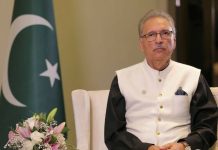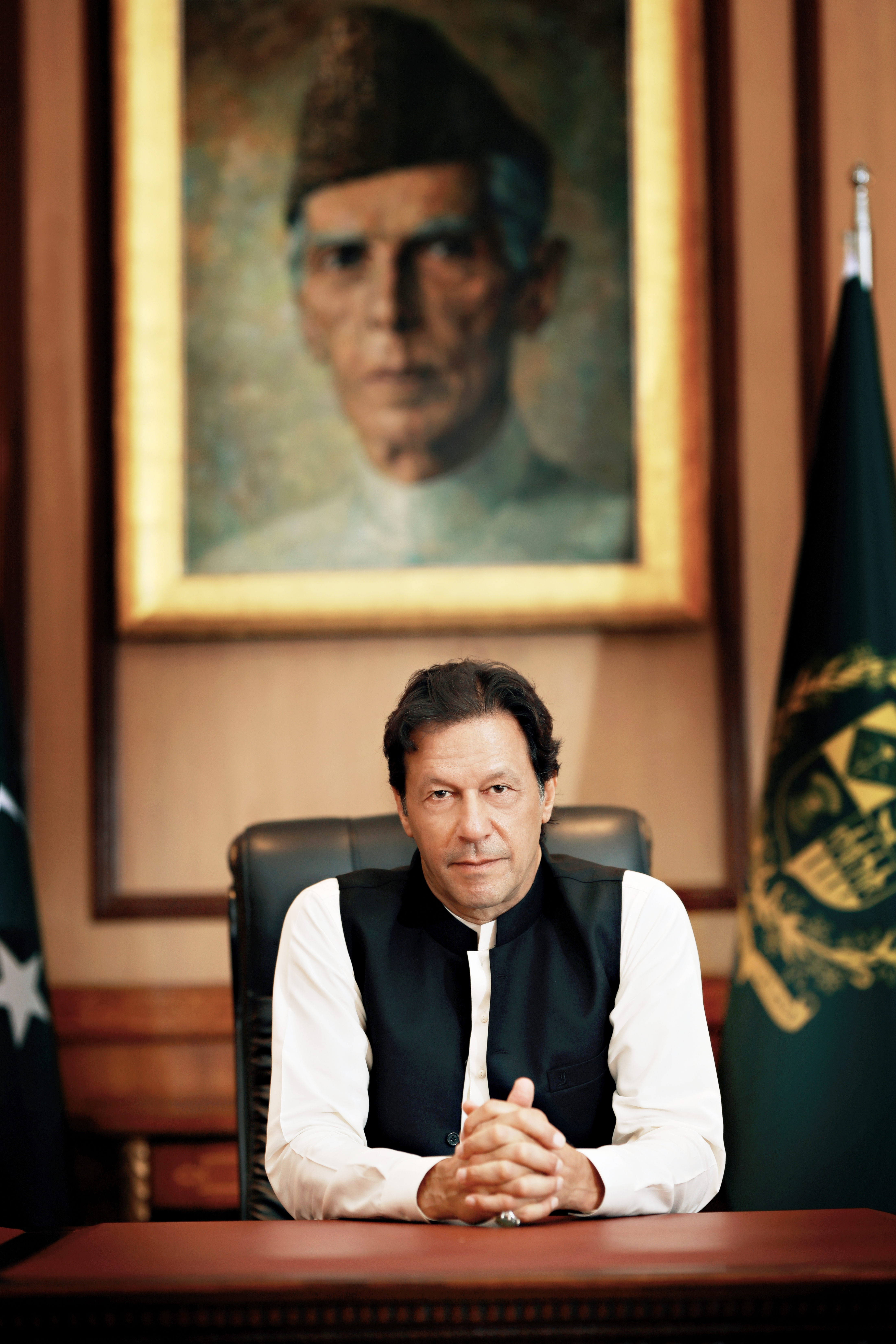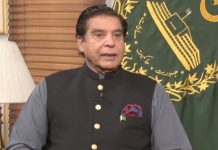
A versatile short story writer, novelist, progressive writer, actor and artist, Dr Sajjad was called a multi-talented and dynamic personality. His friends noted that he had raised his voice for the marginal and oppressed classes of the society, throughout his life.
Through his literary critic and artwork, Dr Sajjad was said to have highlighted injustices committed during the dictatorship regime of Ziaul Haq. He spent his days in captivity during Zia martial law.
Renowned Urdu Poet Kishwar Naheed shed light on the life and struggle of Dr Sajjad, particularly, during the martial law era, when he and other literary critics and progressive writers could not get their works published.
Dr Sajjad’s domestic life remained embroiled in crises, she added, where her wife Ratti played a crucial role in ruining his life.
He had written many prominent plays for Pakistan Television and had made great contributions to art and literature, she added.
SDPI Executive Director Dr Abid Qaiyum Suleri said that sustainable development and sustainable societies could not be accomplished and achieved without contributions of such noted literary figures, whose work could not be ignored.
He maintained that Dr Sajjad had fought and struggled for justice and equality in society through his writings and acting, whose contributions could not be ignored.
Now it was the responsibility of the civil society to carry his work forward, he added.
Dr Suleri held the view that our young generation should be made familiar with the struggle and contributions of such great literary figures to literature and society.
A progressive intellectual and social commentator Dr Naazir Mahmood said the artistic and literary work of Dr Sajjad had stretched over at least half a century. He said that Dr Sajjad was one of those progressive writers, who had always informed and warned the society through his writings about the forthcoming destructions and difficult times.
Dr Mahmood added that his writings, particularly “Chauraha,” “Janam Roop,” “Khushiyon Ka Bagh,” “Neeli Note Book,” “Talash-e-Wajood,” “Zard Kunpal” and “Rasi Ki Zanjeer” were masterpieces and a great contribution to the literature.
The departure of such a rare literary figure was a massive loss to our society, he noted.
A noted progressive writer and SDPI Senior Advisor (Education & Religious Diversity) Ahmed Salim claimed that there was a need to acknowledge the work of our great literary personalities and make the new generation aware of their work and contributions. He continued that Dr Sajjad’s plays, short stories, fiction stories and novels reflected the true picture and stark realities of the society.
His contribution to the literature and progressive society could not be ignored and should always be remembered, he added.
Fiction writer Hameed Shahid believed that Dr Sajjad’s departure was a big tragedy for all of us. He was said to have played many characters in one existence: an actor, a novelist, a practising doctor of Chuna Mandi, a play writer, a fiction writer, a progressive and moderate personality, a political activist and a short story writer.
His short stories, including “Cinderella,” “Pathar Laho aur Kutta” and “Keekar” had a real ground assessment of the society, which enhanced the interest and understanding of the readers about the socio-political realities, he added.
A noted progressive writer Ishfaq Salim Mirza talked about Dr Sajjad’s translated work, “Neeli Notebook” (The Blue Notebook – a novella by the Russian poet and writer Emmanuil Kazakevich 1913 – 1962).
He said that the book described real-life characters fighting against one of the most oppressive regimes in the world.
Urdu Editor and SDPI Research Fellow Dr Humaira claimed that the message from Dr Sajjad’s life-long struggle was of peace and well-being of the society.
She added that Dr Sajjad had not only touched on serious societal topics but also issues related to sustainable development.
Short stories such as “Keekar” and “Mujy Saans Lainy Do” were said to have shed light on the role and responsibilities of the society in keeping the environment safe and clean.














